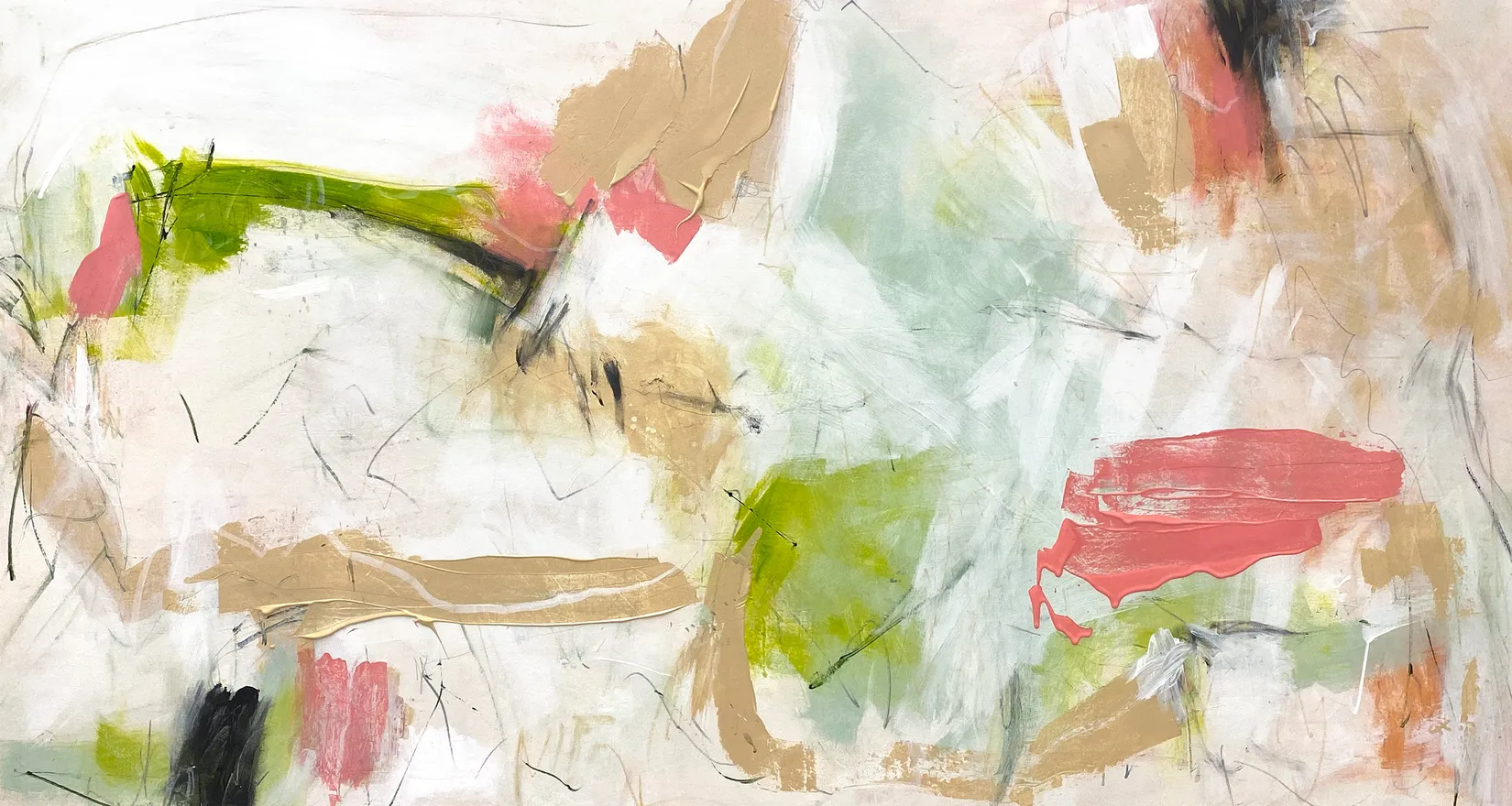Starting couples therapy can feel like stepping into the unknown. You may have questions about what the process looks like or concerns about whether it will “work.” As your therapist, my goal is to guide you toward deeper understanding—not just of your partner, but of yourself. The most meaningful change begins when we turn inward, focusing on what we bring to the relationship dynamic. As the saying goes: You can change yourself, you can change your situation, but you absolutely cannot change another person. Only they can do that.
Here’s how you can prepare for our time together:
1. Shift the Focus Inward
It’s tempting to view therapy as a place to air grievances or convince your partner to see things your way. While there will be space to share your feelings, our work will center on understanding your role in the patterns that emerge in your relationship. We are cocreating what is happening in our relationships. Our place of empowerment is learning what we can change on our own.
Ask yourself:
- What am I bringing to these dynamics?
- How do I react when I feel misunderstood, hurt, or disconnected?
Exploring these questions can be challenging, but they hold the key to meaningful change.
2. Understand the Role of Emotional Flooding
When conflict escalates, emotions often rise beyond what we can manage. This is called emotional flooding, a state where it feels impossible to communicate effectively. In these moments, even the best communication skills can feel out of reach. Our sessions will explore what triggers these overwhelmed states and how to create space to pause, reset, and reconnect.
3. Practice Compassion for Yourself and Your Partner
Remember, both of you are here because you care about this relationship. That doesn’t mean you’ll always agree or see things the same way. Therapy invites you to approach each other with curiosity instead of judgment. What might your partner’s reactions or behaviors say about their deeper fears or unmet needs? Similarly, how can you bring kindness to the parts of yourself that feel vulnerable or defensive?
4. See Therapy as a Skill-Building Journey
We will work together on tools to help you navigate conflict, communicate more effectively, and deepen your emotional bond. But these skills take time and practice, especially when emotions are high. Our work will include understanding the deeper emotional roots of your struggles, so these tools don’t just feel like Band-Aids but become part of how you connect with one another.
5. Commit to the Process
Therapy isn’t about quick fixes or proving who’s right. It’s about showing up honestly and consistently. There will be difficult conversations and moments of discomfort, but these are often where the most growth happens. Trust the process and know that every step—no matter how small—is part of building a stronger, more resilient relationship.
When you enter therapy with the courage to look at yourself and the compassion to understand your partner, you create the foundation for meaningful change. Together, we will work to untangle the patterns that leave you stuck and build new ways of relating that feel more aligned with the love and connection you both deserve.











